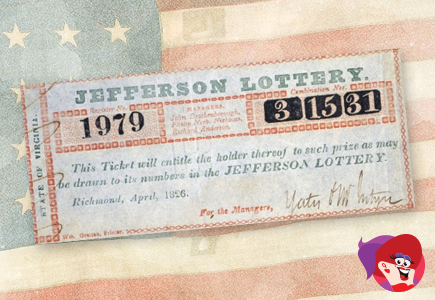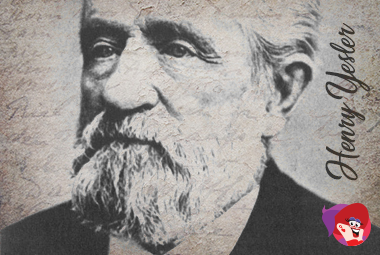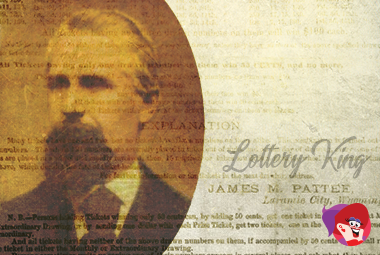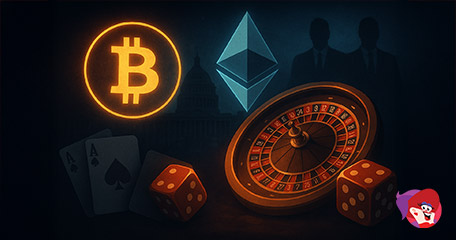
Lotto-mania has swept across America like a raging tide -- especially when the jackpot climbs into the hundreds of millions of dollars.
People ignore the odds and march down to their favorite neighborhood market or convenience store to buy a lottery ticket, hoping and praying it's the one that matches all the numbers.
Governments reserve for themselves the right to sell lottery tickets, but it wasn't always that way. In 1776 when the Declaration of Independence was written, citizens could print and sell their own tickets and offer their home or other property as a lottery prize. This practice was quite prevalent during the era of Thomas Jefferson, Benjamin Franklin and George Washington.
Even as mayors, police and elected officials denounced card and dice games across America, lotteries flourished throughout the 17th and 18th centuries. They were taken for granted as a means of financing public projects or escaping from bankruptcy.
Using money raised from lotteries, colleges were founded, churches were built, and public projects and roads were constructed.
As the popularity of lotteries grew, swindlers got into the action. A lumberman named Henry Yesler who lived in Seattle, WA. came up with a great idea to raise cash to pay off his debts which totaled $76,000.

He launched a grand distribution lottery in 1876 that offered citizens a chance to win real estate and cash for a $5 ticket. Yesler owned property in downtown Seattle that he had been unsuccessfully trying to sell. He inflated the value of the property to $300,000.
Yesler had been the driving force behind legislation enacted to allow lotteries in the Territory of Washington to build a wagon road through Snoqualmie Pass. Overlooked by the public was the fact that only 10 percent of the lottery funds would be used on the project, while 90 percent would go to the lottery promoters.
Everyone jumped on the bandwagon, including the newspapers that were duped by Yesler.
Ticket sales lagged and Yesler tried to postpone the drawing for six months. However, people were starting to catch on to the scam and the project crashed and burned. A district judge ruled the lottery act void. Because of his standing in the community, Yesler was not criminally charged even though $30,000 in ticket sales somehow disappeared.
Other lottery acts were enacted in various states including Wyoming where for $100 payable to the sheriff, a citizen could legally organize a lottery for three months.
A writing teacher named James Monroe Pattee took advantage of the law and became known as the Lottery King. From 1871 to 1873, he made millions of dollars holding a series of lotteries to build libraries and hospitals while pocketing much of the excess money..

One book published by the editors of Time-Life noted that he collected his mail in clothes baskets when people sent in money for lottery tickets in an attempt to win a grand prize of $50,000. Pattee would deposit between $4,000 to $5,000 a day in his personal bank account.
To attract more ticket buyers, he placed ads in the New York Herald. Like Pinnochio's nose, the lottery grew and grew.
Pattee even talked the smaller lottery winners into investing their $100 winnings into stock in his company, the 'Bullion Gold and Silver Mining Co.' He urged them to sell stock to their neighbors and would give them a free share for every five the sold at $2 each.
He moved to Wyoming, staying ahead of authorities, and continued his criminal lottery operations. One newspaper editor who interviewed him said Pattee had no conscience about his dealings and that people deserved what they got when they sought riches for a tiny investment.
Today it's the state legislators who sell the lottery tickets. You have to wonder, given the odds against winning, just how truly legitimate they are and who is really profiting from all that money.
Author: Geno Lawrenzi Jr.
(Geno Lawrenzi Jr. is an international journalist, magazine author and ghostwriter and poker player who lives in Phoenx, AZ. He has published 2,000 articles in 50 magazines and 125 newspapers. If you want to share a gambling story or book idea with him, send an email to glawrenzi@gmail.com ).
Your feedback
Please enter your comment.
Your comment is added.









